The protests show no sign of stopping as long as the conflict in Gaza continues. For many in Pakistan, the issue goes beyond geopolitics — it’s a matter of moral duty, religious solidarity, and resistance against oppression.
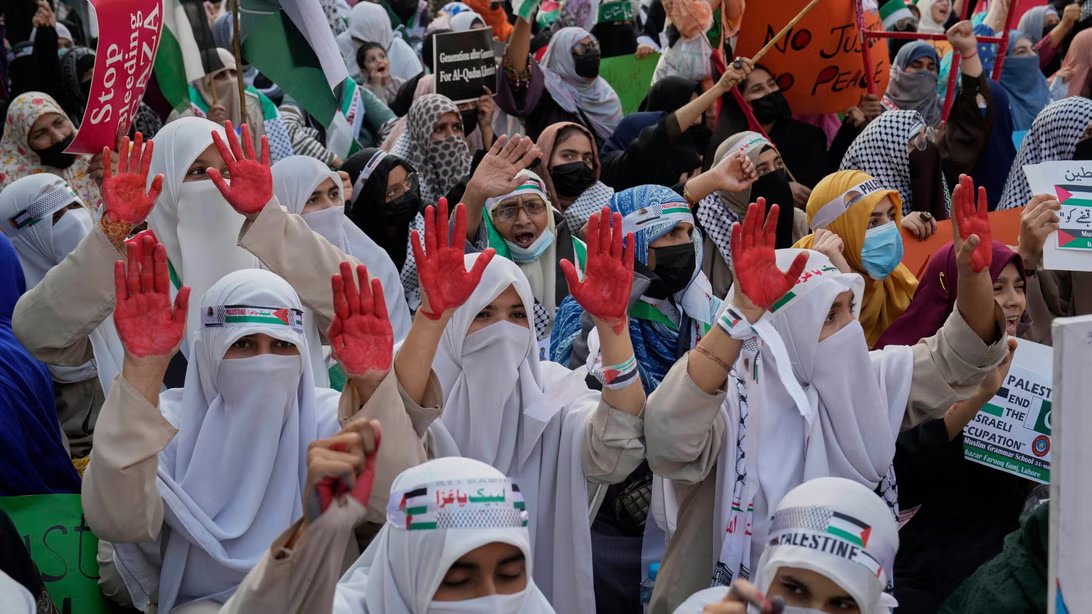
Thousands of Islamist demonstrators took to the streets across Pakistan this week to protest Israel’s continued bombing campaign in Gaza. The rallies, held in major cities including Karachi, Lahore, and Islamabad, drew widespread participation from religious groups, political parties, and civil society.
The protests come amid growing global outrage over Israel’s ongoing military offensive in the Gaza Strip, which has left thousands of Palestinians dead and displaced even more.
United Call for Solidarity with Palestinians
Chanting slogans such as “Free Palestine” and “Down with Israel”, demonstrators waved Palestinian flags and held placards condemning what they called “genocide” in Gaza.
Protesters called on the Pakistani government and Muslim nations worldwide to take a stronger stance against Israel’s actions. Many urged for a boycott of Israeli products and demanded the expulsion of diplomats from any country supporting the assault.
Organized by Islamist Parties and Groups
The rallies were largely organized by Islamist parties such as Jamaat-e-Islami, Tehreek-e-Labbaik Pakistan (TLP), and various religious seminaries.
These groups framed the Israeli offensive not just as a political issue, but as a religious obligation for Muslims to resist. Leaders called on the Muslim Ummah to unite and defend their Palestinian brothers and sisters.
Sirajul Haq, the head of Jamaat-e-Islami, accused Israel of committing war crimes with the backing of Western powers. “The silence of the international community is criminal,” he declared during a speech in Lahore.
Government Response: Cautious but Supportive
The Pakistani government, while maintaining diplomatic decorum, has repeatedly condemned Israel’s actions in Gaza.
In a statement, the Foreign Office reaffirmed Pakistan’s support for a two-state solution, calling for an immediate ceasefire and unimpeded humanitarian access to Gaza.
At the same time, authorities appeared to allow the rallies to proceed peacefully, suggesting tacit support for the demonstrations without risking international backlash.
Media and Public Reaction
The rallies were widely covered on Pakistani television channels and social media. Many users shared videos and images of the protests, using hashtags like #FreePalestine, #StopGazaGenocide, and #MuslimUnity.
Some analysts view the mass mobilizations as a reflection of Pakistan’s deeply rooted pro-Palestinian sentiment, which cuts across political and ideological lines.
Broader Regional Context
The protests in Pakistan are part of a wave of global demonstrations against Israel’s military campaign, which began in response to Hamas’s October 7 attack. Since then, the humanitarian crisis in Gaza has worsened, with severe shortages of food, water, and medical supplies.
Muslim-majority countries such as Turkey, Indonesia, and Malaysia have also witnessed large-scale rallies, demanding international accountability and intervention.
A Growing Pressure Point for Leaders
The mounting pressure from the streets puts Muslim leaders in a difficult position — balancing international diplomacy with domestic outrage.
In Pakistan, where public opinion is overwhelmingly pro-Palestine, the government must navigate its foreign policy carefully while addressing public demands for stronger action.

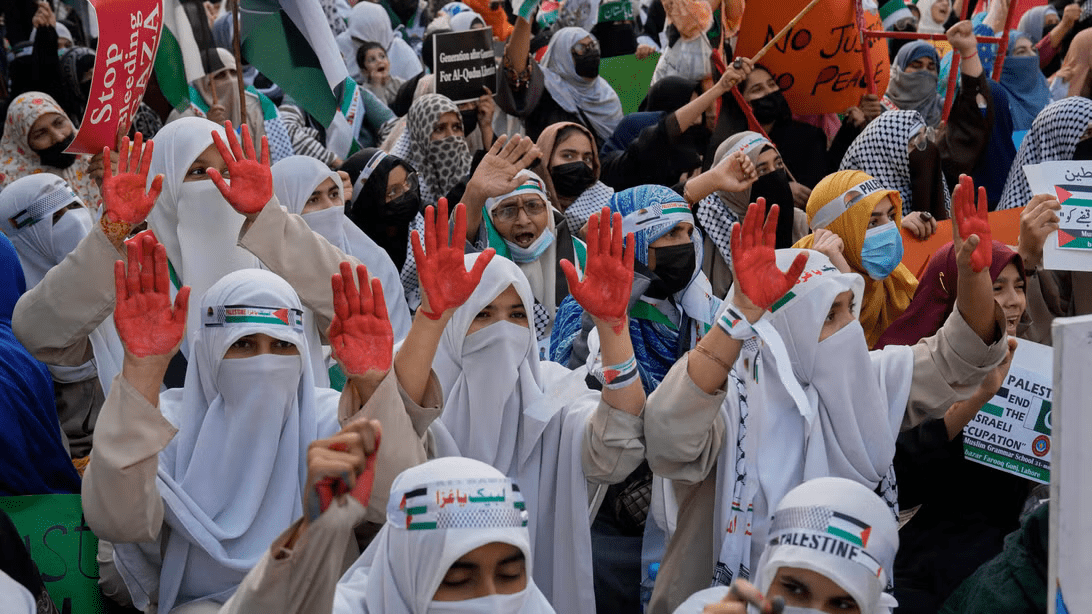
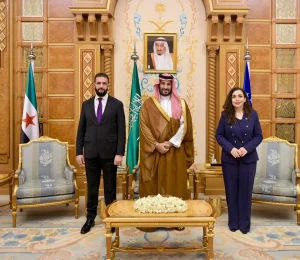
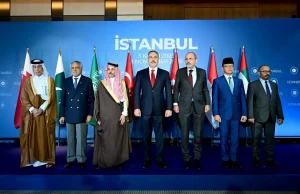
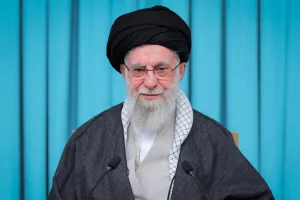
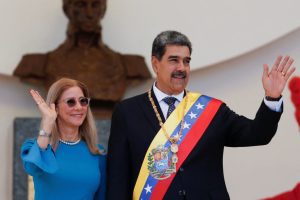
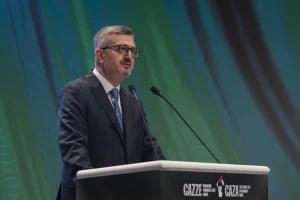
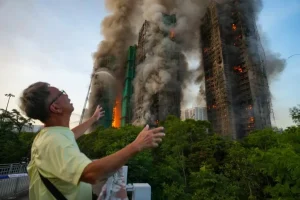
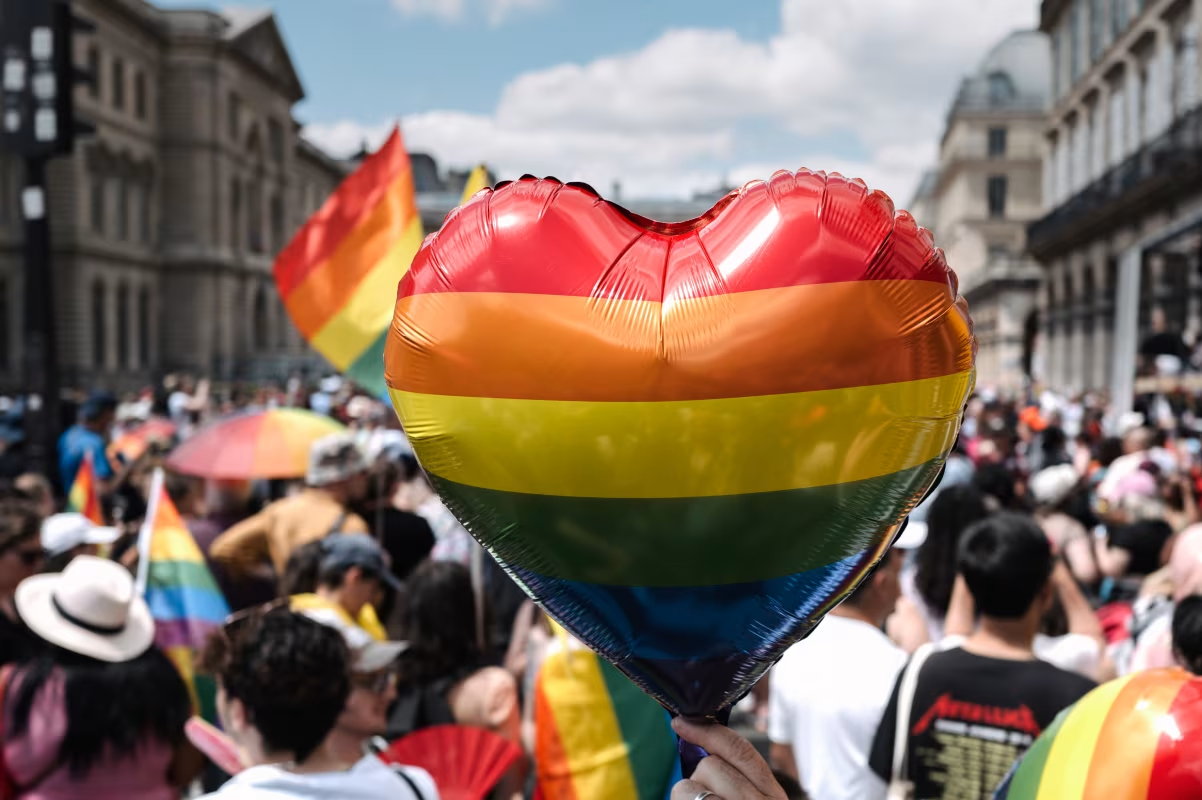

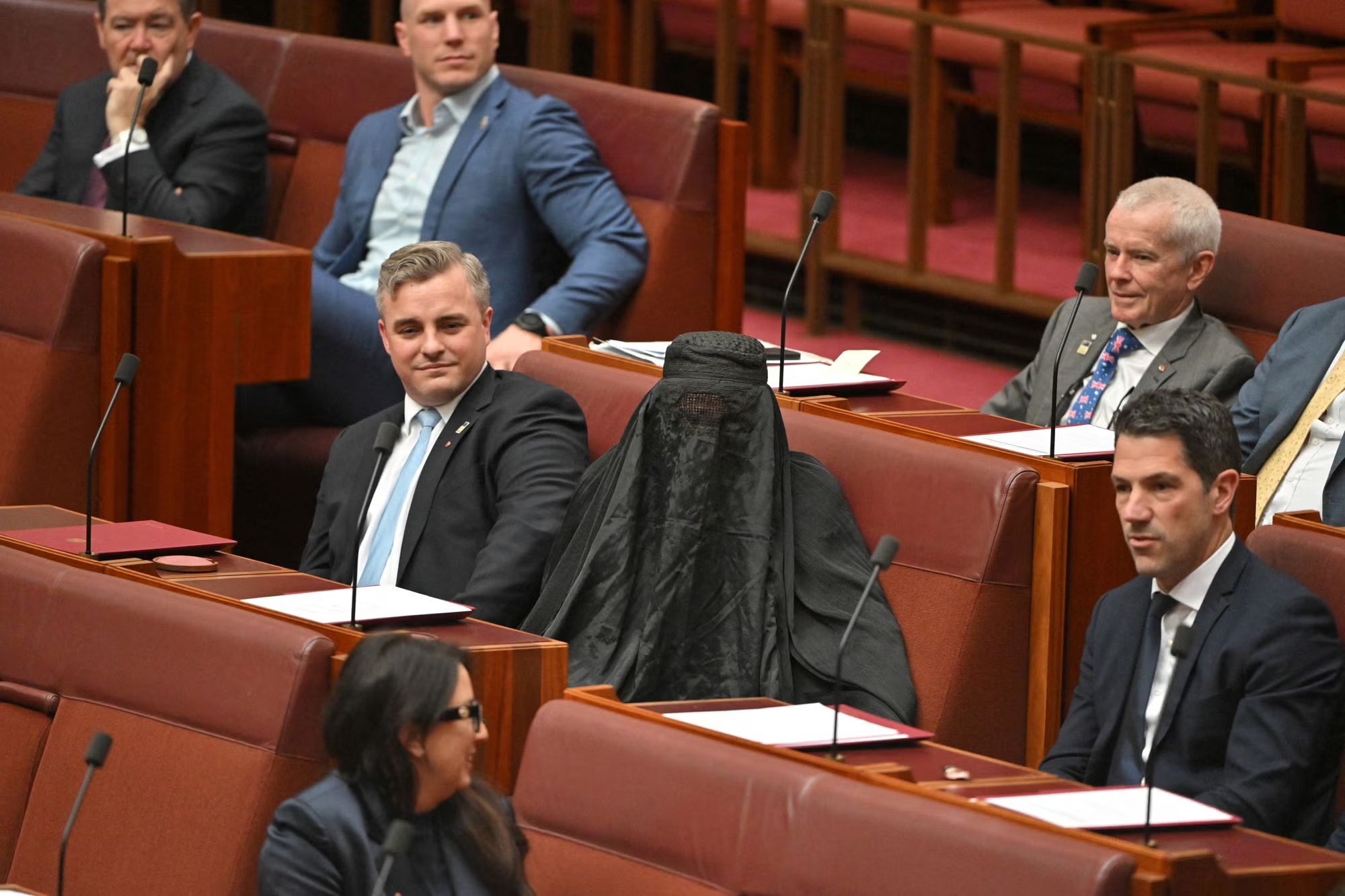

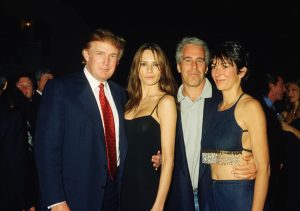
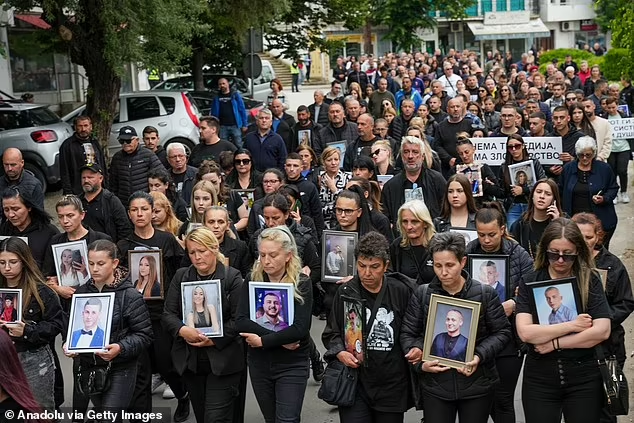
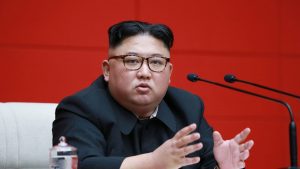
Comments are closed.